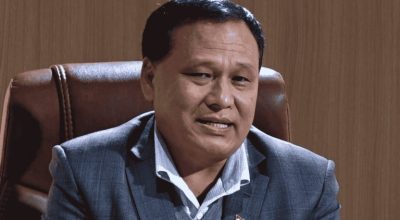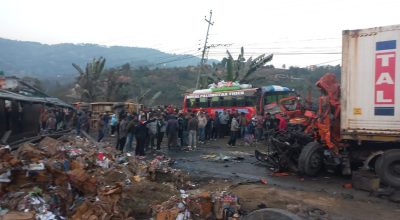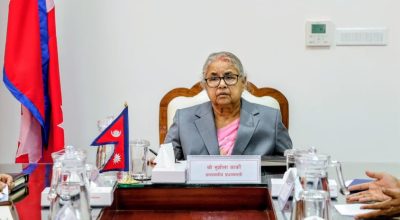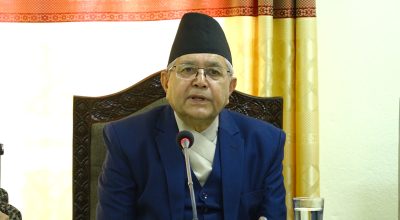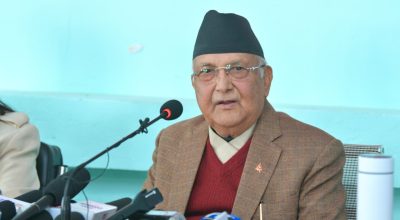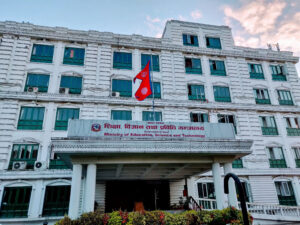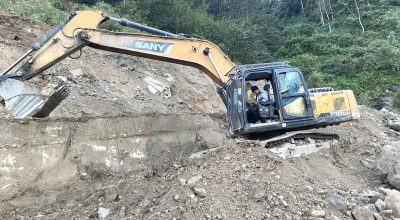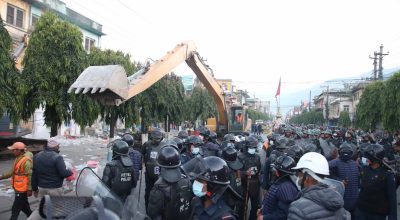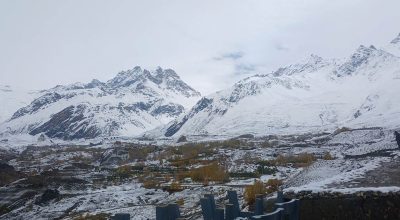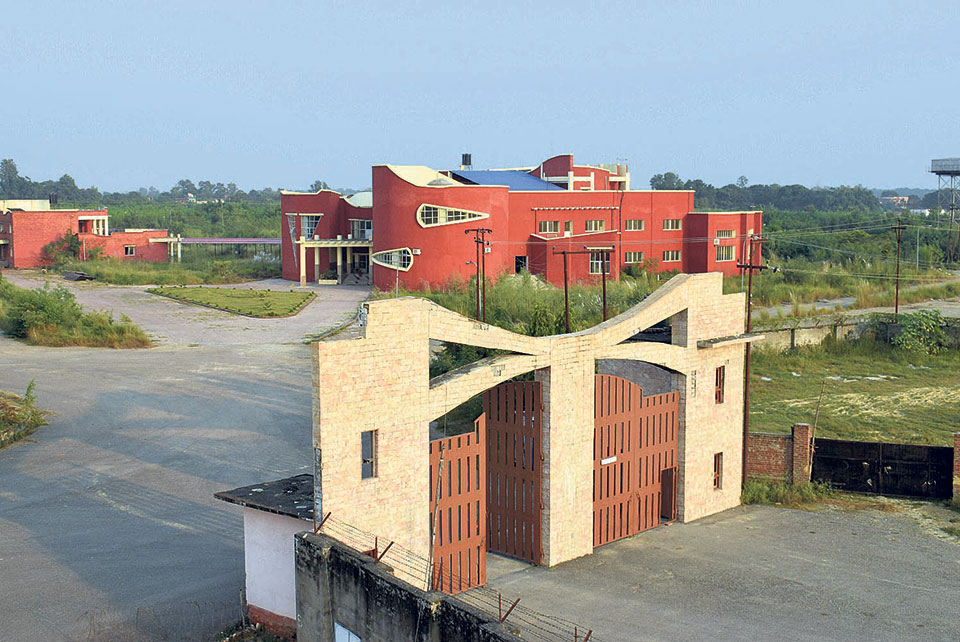
BUTWAL: The Special Economic Zone (SEZ) of Bhairahawa is yet to come into full operation even after 20 years of its launch. The SEZ was introduced in a bid to promote trade, create jobs and replace import.
The businesspersons have complained that the SEZ did not come in full operation for lack of infrastructures and hostile provisions in SEZ Act. The SEZ Authority, however, has said it would gradually solve the problems including development of infrastructures.
Initially, the industries denied entering the SEZ due to the condition of exporting 80 percent of products. The SEZ Act was later amended and the export percentage was lowered to 60, which still failed to attract industrialists. They are now saying that the provision of 60 percent export is still much and the land lease was quite expensive.
During a virtual dialogue held by Society of Economic Journalists Nepal (SEJON) Thursday, the speakers stressed the need to wipe out the policy faults. Former Vice Chairman of the National Planning Commission Dr Shankar Sharma expressed worry over the future of SEZ, saying it did not become functional despite passage of two decades of launch. He suggested for easing the restrictive provisions to replace imports. Although the Act came, there was no regulation which too obstructed implementation.
Similarly, former secretary Bimal Wagle viewed that until the infrastructural development including electricity supply was not ensured, it would not entice businesspersons.
President of industry committee at FNCCI Bharat Raj Acharya argued that the concept of SEZ itself has changed. The debates on SEZ so far were limited to mere development of industry with sheer lack of innovation and trade. Time has come to stress innovation and trade, he stressed.
Moreover, Vice-President of industry committee of Conference of Nepalese Industries Rahul Agrawal said they could not launch their products in the market waiting for such long time of 25 years. The provision of 60 percent export and expensive land lease were other factors repelling them from SEZ.
President of industry committee at Nepal Chamber of Commerce Deepak Shrestha said the industries entering the SEZ would also leave it if the attention was not paid to the integrated customs check pass and facilitation.
Deputy executive director at Nepal Electricity Authority Harhar Raj Neupane however committed that although it would take time to provide 22KV transmission line to the SEZ, NEA would supply some immediately. NEA was effortful to solve the problems of power supply in 1.1-km out of 12-km transmission line that connect Bhairahawa SEZ with Dhakdhai transmission line.
Executive director at SEZ Balaram Rijal also said efforts were underway to ensure infrastructures and other facilities and policy changes for smooth functioning of Bhairahawa and other SEZs. The Finance Ministry was sent a proposal to reconsider export percent and rate of land lease so that it would address industrialists’ concern.
The government has planned to set up SEZ in each province. Including these, the places to have SEZ are Simara, Panchkhal Biratnagar, Kapilvastu, Jumla, Dhangadhi, Nepalgunj, Nuwakot, Gorkha, Dhanusha, Siraha, Rautahat and Jhapa.
On 29 January 2004, the government had decided to set up SEZ at different places in the country. The SEZ Act was brought on 4 October 2016. (RSS)





